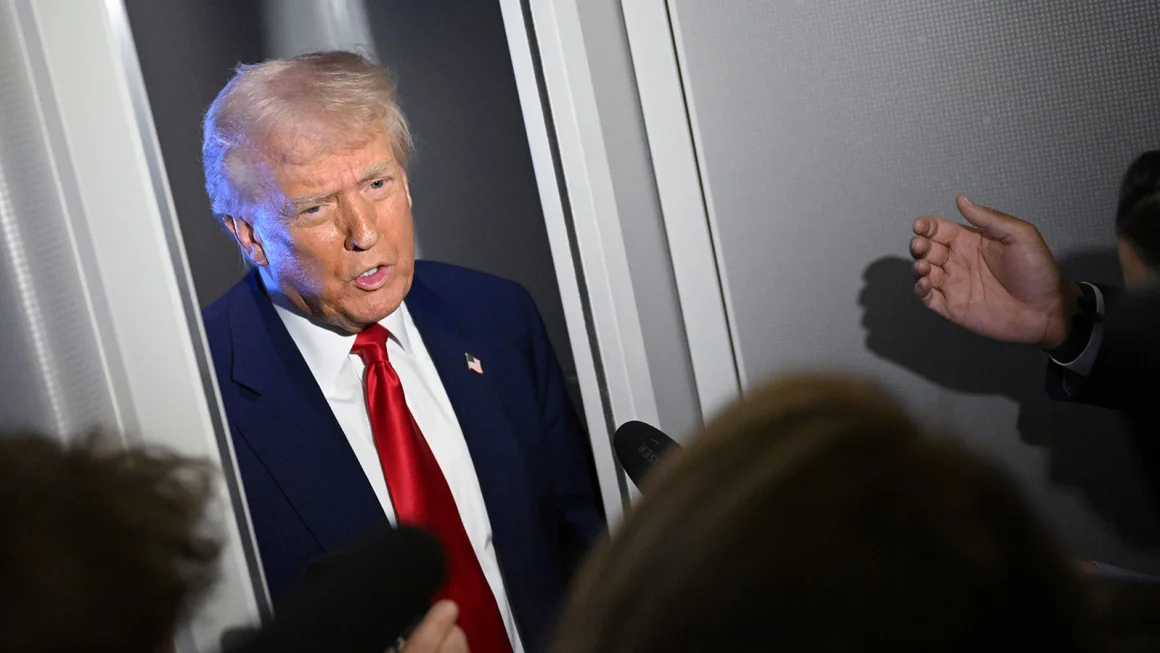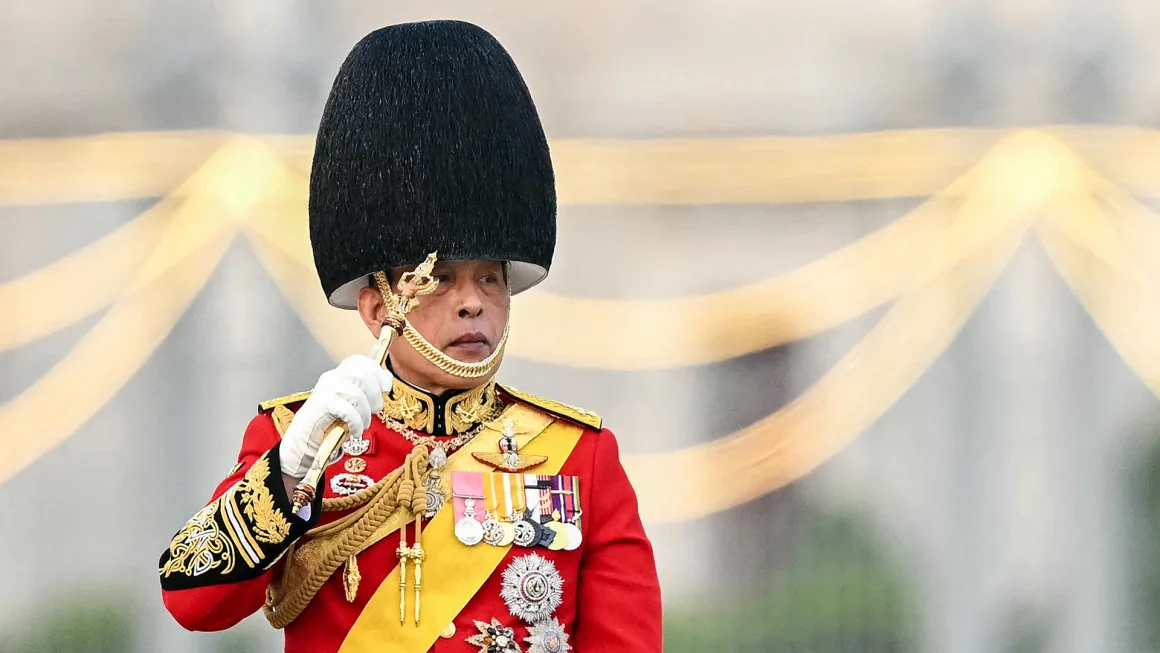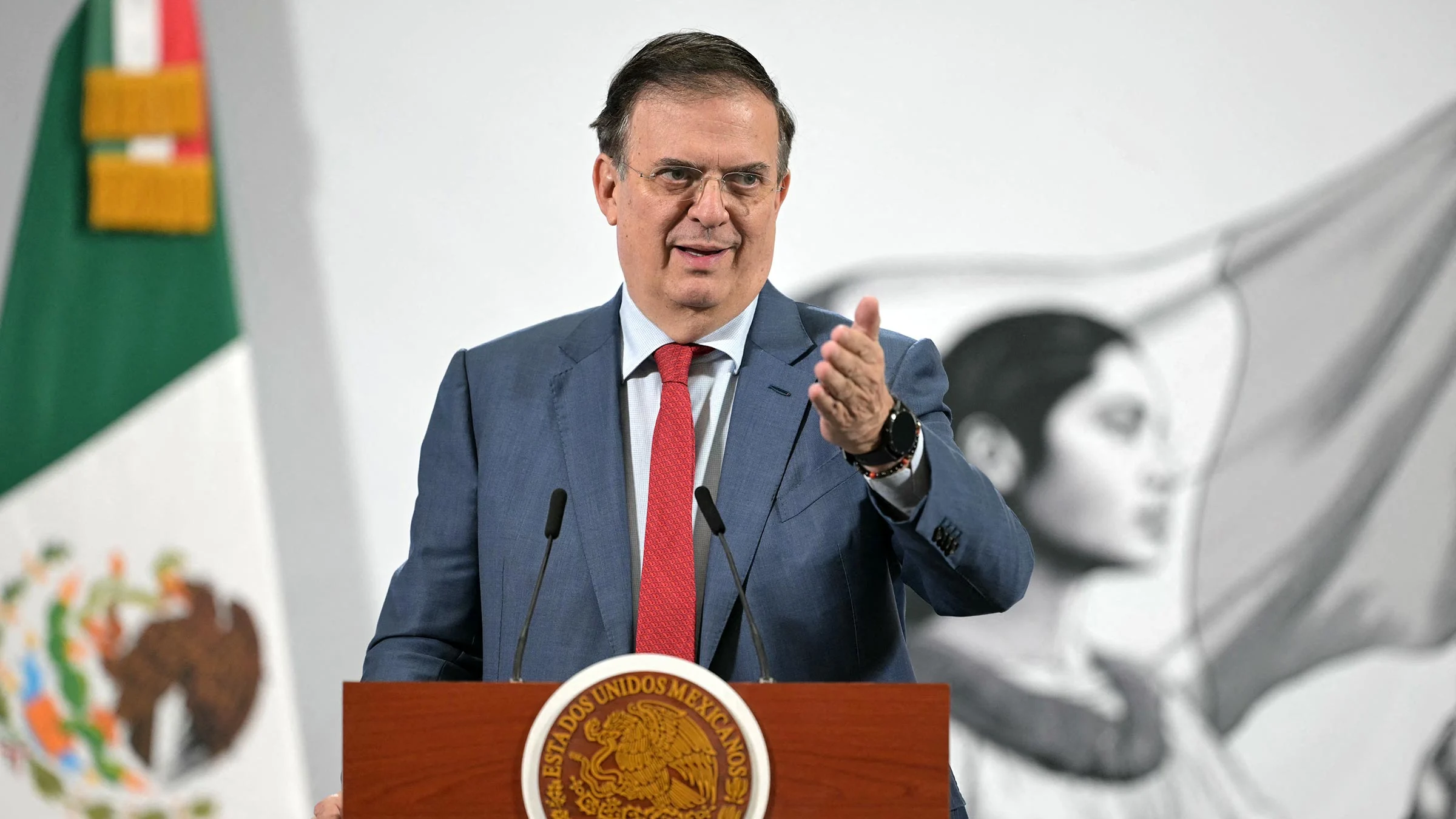
Beijing has strongly criticized U.S. Vice President JD Vance over controversial remarks he made referring to “Chinese peasants” during a Fox News interview, sparking outrage and mockery across Chinese social media—where many users highlighted the irony given Vance’s own humble roots.
In the interview aired last Thursday, Vance staunchly defended former President Donald Trump’s tariff policies and denounced the globalized economic system. “What has globalization really brought the United States?” Vance asked during “Fox & Friends.” “We’re racking up massive debt to buy goods made overseas. To put it plainly, we’re borrowing from Chinese peasants to buy products they make.”
His phrasing quickly drew attention and criticism online in China, where users pointed to the country’s rapid technological and infrastructural development, pushing back against what many viewed as outdated and condescending language.
At a press briefing on Tuesday, Chinese Foreign Ministry spokesperson Lin Jian condemned Vance’s remarks, saying, “It’s both shocking and regrettable to hear such ignorant and disrespectful language from a sitting vice president.”
CNN reported it had reached out to Vance’s office for a response but had yet to receive a comment.
Social media in China lit up with reactions. The hashtag related to Vance’s remarks surged to the top of Weibo’s trending topics Monday night, garnering over 140 million views by Tuesday afternoon. Many comments accused Vance of arrogance, while others turned his insult into a point of pride.
“We may be ‘peasants,’ but we have world-leading high-speed rail, advanced logistics, and cutting-edge AI and drone technologies,” one user commented. “That’s not something to be ashamed of.”
Hu Xijin, former editor-in-chief of the state-run Global Times, joined the fray, posting on Weibo that Vance, who hails from rural Ohio, seemed to lack global awareness. “Many are calling on him to visit China and see it with his own eyes,” Hu wrote.
Critics also pointed to the irony in Vance’s remarks, considering his background. His memoir Hillbilly Elegy—which recounts a turbulent childhood marked by poverty and addiction in Appalachia—was seen as a lens into the struggles of America’s white working class. The book, published in 2016, gained national attention in the wake of Trump’s election and helped shape the public’s understanding of his voter base.
Now, critics on both sides of the Pacific are calling out the disparity between Vance’s roots and the dismissive tone he adopted toward others with similarly modest beginnings.









